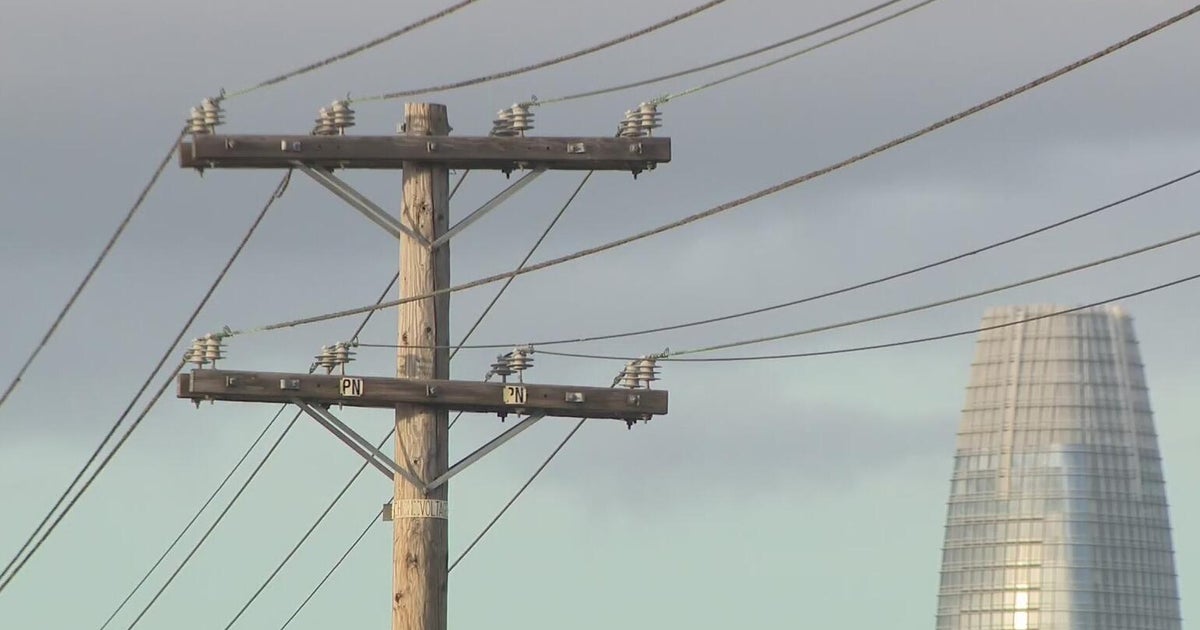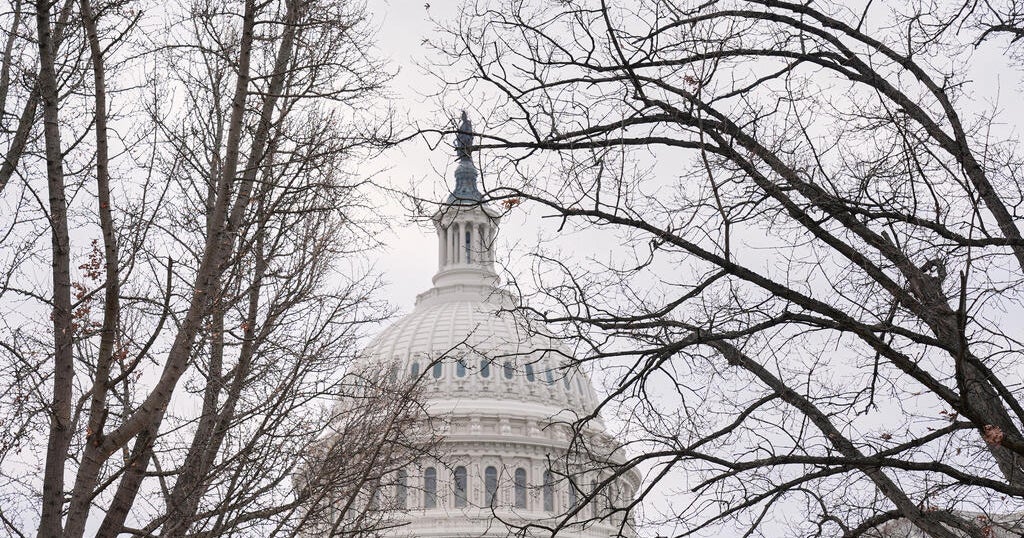Lawmakers frustrated by lack of transparency from the California Department of Corrections, but vote down bill that would require more transparency
SACRAMENTO — The Assembly Public Safety Committee failed to pass a bill Tuesday that would have required the California Department of Corrections and Rehabilitation (CDCR) to reveal what inmates did to earn early-release credits.
Democratic lawmakers voted down the bill, citing inmate privacy concerns, but they voiced bipartisan frustration with secrecy and a lack of transparency from CDCR.
UPDATE -- Getting Answers: What's Missing From California's Inmate Recidivism Report?
"Secret" Credit Calulations
For her first bill as a freshman Assemblymember, Diane Dixon introduced AB-15, which would have made early release credits a matter of public record.
"What is there to hide?" Dixon asked.
She cited CBS Sacramento's coverage of the Sacramento mass shooting suspect, Smiley Martin, as a catalyst for the legislation.
ALSO WATCH: Investigating Prop. 57 credits: How was the Sacramento mass shooting suspect out of prison early?
Less than a year before the deadly Sacramento mass shooting on K Sreet, suspect Smiley Martin was deemed too risky to be paroled. The parole board denied Martain's release due to his risk of violence and criminal activity, minimal program participation, and alleged criminal activity while in prison.
Martin had more than five years left on his 10-year sentence for domestic violence when he was denied release. Yet, months later, detectives say these images allegedly show Martin firing into a crowd at rival gang members with an automatic weapon, killing six people in the shadow of the State Capital.
So how was Martin out of prison on the night of the shooting? We still don't know because CDCR says credit-earning calculations are confidential.
Assemblymember Dixon argues that criminal court proceedings and sentencings are already public records, so CDCR's calculation to reduce those sentences should also be public.
"If they've been rehabilitated, let us know. If they're not, we should know that also," Dixon said.
But opponents argue that inmates have a right to privacy.
Lack of Transparency?
Democratic lawmakers voted down the bill, citing inmate privacy concerns, but they echoed bipartisan frustration with secrecy and a lack of transparency from CDCR related to everything from prison closures to alleged misconduct.
"(We) spent been three hours trying to just get basic information from CDCR yesterday," Committee Chair, Assemblyman Reggie Jones-Sawyer said. "CDCR united Democrats and Republicans in their outrage at the fact that we couldn't get information from them," Jones-Sawyer said.
One assembly member cited a lack of information as the reason for his "no" vote.
"I don't see any data that suggests that the (current) level of oversight... has had some kind of negative impact," Assemblyman Rick Zbur said.
But as we reported last week, that's largely because CDCR hasn't released recidivism data since they increased the early release credits, which sped up early release.
We simply don't know how often people like Smiley Martin...
Or the man accused of killing Selma police officer Gonzalo Carrasco Jr ...
Or the man accused of killing Kate Tibbits and her dogs...
Or the more than 15,000 other inmates who were released with credits last year alone...
are reoffending.
We also don't know what they did to earn early release.
Looking Ahead
After voting down AB 15, the Public Safety Committee voted to reconsider the bill with amendments.
A different bill, introduced by Assemblyman Joe Patterson, would require CDCR to notify the District Attorney's office when an inmate is released early with credits. Currently, DAs are not notified when someone is released with credits. AB 1260 would also require CDCR to reveal the early-release credit calculation to the DA. This bill has not been scheduled for a committee hearing yet.
UPDATE:
After first stating that the 2016-17 and 2017-18 recidivism reports would be released in February, CDCR provided the following response on March 2nd: "The 2016-2017, 2017-2018 Recidivism Reports will be available within the next couple of weeks."
CDCR released the reports in mid-April 2023. The agency did not respond to repeated questions about the delay.
In response to subsequent reporting, CDCR provided the following statement: "CDCR is committed to providing all Californians with accurate recidivism data that is complete and has been thoroughly vetted and analyzed. Our 2017-18 report was published in a timely manner, following the national standard of reporting arrests, convictions and returns to prison on a three-year cycle."







